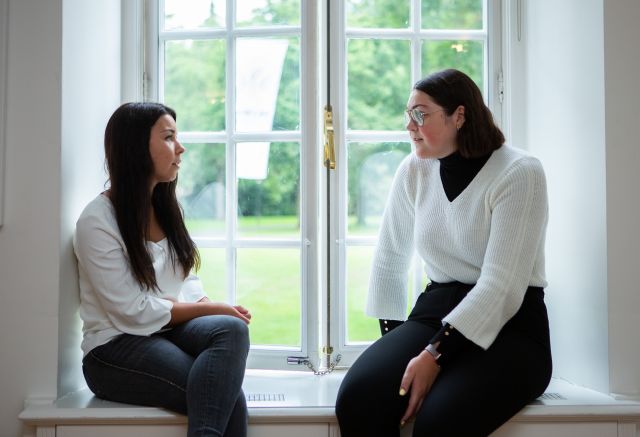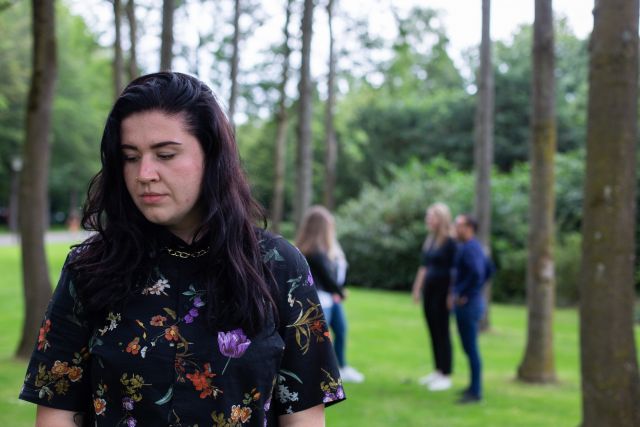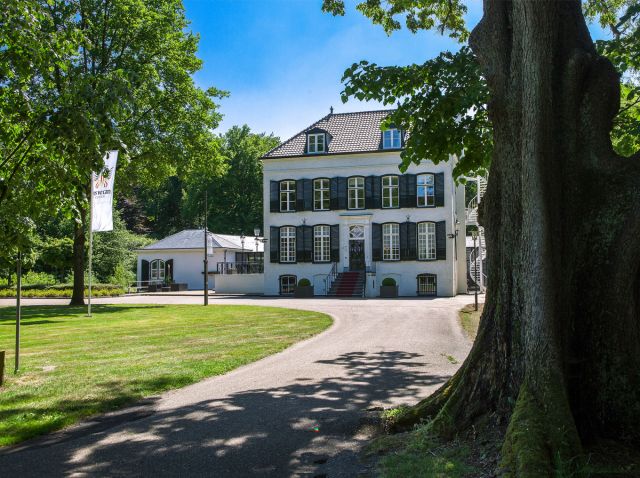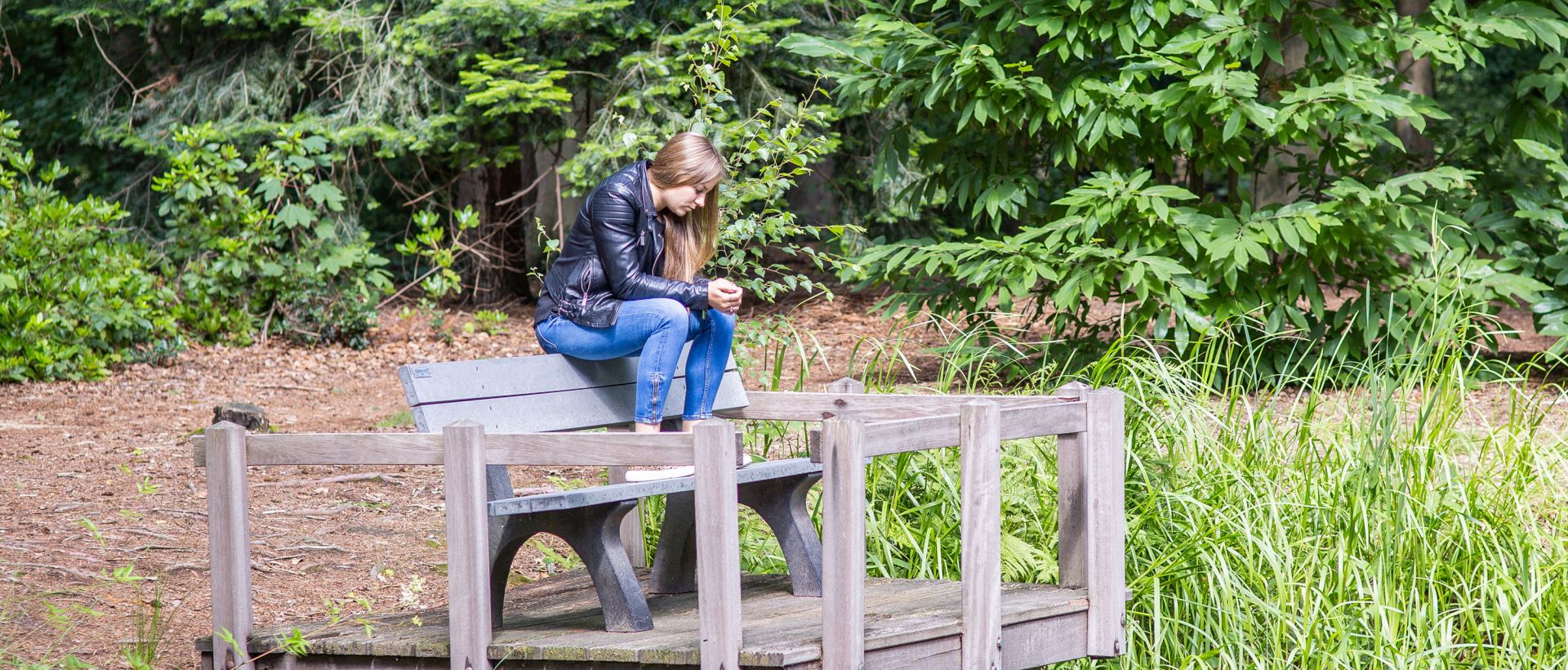What is OCD?
Obsessive Compulsive Disorder (OCD) is a mental and behavioural illness in which one is repeatedly overwhelmed with unwanted intrusive thoughts (obsessions) and/or the need to act on them (compulsions) immediately. The most common types are the need to constantly check (your phone, your keys, the clock, etc.), clean (your hands, your house, the doorknob), align (symmetry in objects, put things in a particular order) and ruminations (deep thoughts on the meaning of life, conspiracies, aliens). You can’t stop these thoughts or eliminate the compulsive need to act on them.
In general, all of us suffer from mild versions of OCD. Did I close the window when l left? Did I leave something on the stove? Or thoughts like, "I need to get out of bed with my left leg; otherwise, I will have a terrible day". However, when young people are diagnosed with OCD, daily life is affected in such a way that they no longer can function.

Obsessive Compulsive Disorder within children and young adults
Usually, obsessive-compulsive disorders are discovered before a child enters puberty. The signs often become apparent once children start school.
Children and young people with OCD feel so overloaded by their intrusive thoughts everything that they become overstimulated and out of balance. They do not oversee the day and find it challenging to deal with the normality of life. They often want to stop but can’t. And then, by giving in to their thoughts and actions, they feel bad, and everything starts again.
At Yes We Can Clinics, we have a lot of experience with OCD and other problems that can accompany it, such as trauma, depression, anxiety and relational issues. We offer these youngsters warm and expert guidance so they can confidently face a positive future.

Signs and symptoms of OCD
Young people diagnosed with an OCD may suffer more or less from:
- Constant checking
- A constant fear of contamination
- The compulsive need to put everything in a particular order
- Show aggression when their needs are not met
- Disturbing dreams and ideas
- Sexual obsessions
- Delusional
As OCD symptoms are often connected to childhood trauma, depression and anxiety, signs very much look similar to those who have autism and addiction. Young people with OCD may have limited interests and may be wholly absorbed in a particular activity so that almost nothing else is paid attention to. This can be associated with repetitive behaviour patterns. Young people also often have difficulty with sudden changes.

Treatment of Obsessive Compulsive Disorders
At Yes We Can Youth Clinics, we specialise in dealing with multiple problems (co-morbidity). Our intensive treatment programme helps young people cope with OCD and the other issues they face so that they can look forward to a bright, new future. Warmth, sincere attention, and involvement are central to our approach.
We are available 24/7 to provide warm and professional guidance. We help young people, whom we call 'fellows', to deal with their problems and become empowered to function well in society again. We do not look at the 'labels' they have received in the past but rather at their talents, qualities and possibilities. The clinical treatment programme lasts ten weeks. Our follow-up care programme continues to help and guide these young people in their recovery and further development. For example, finding a fulfilling way of life, whether it involves school, voluntary work, or something else, plays an important role.
Recognition
An essential part of the treatment takes place in groups. During group sessions led by an expert-by-experience counsellor, the fellows share their stories, give each other feedback, and set personal goals. Since the fellows and the counsellors have (had) similar problems, there is a lot of recognition during these sessions. The sense of equality and the examples set by the counsellors instill in the fellows both confidence and the determination to persevere
Types of Treatment
Much attention is focused on the fellow's family (systemic therapy) during treatment. Parents follow our family coaching and counselling programme. The clinic has daily sports and outdoor activities where fellows work together, push boundaries, and put their goals into practice.
Behavioural therapy and skills training are also used to treat OCD. The fellows have several weekly one-on-one sessions with their regular, registered clinical or educational psychologists, who work closely with other (care) professionals such as psychiatrists, counsellors, youth coaches, and our medical staff. This way, we always know how the fellows are doing and what they need.
Visit this page for more information about our unique treatment programme and different types of therapy.
OCD and medication
Fellows may already be taking medication before they come to our clinic. For example, methylphenidate or dextroamphetamine may have been previously prescribed by their physician. However, we opt for treatment without medication at Yes We Can Youth Clinics. The idea behind this is that we want to treat 'the real fellow' instead of the fellow who is under the influence of drugs.
Responsible phasing out
We strive to reduce any medication the fellows are already on to zero or as little as possible during treatment. We do this carefully and accurately, under the watchful eye of our registered psychiatrists. The safe treatment climate at Yes We Can Youth Clinics, the positive environment and the entire treatment team that is present 24/7 to motivate, support and confront the fellows, where necessary, all ensure that medication withdrawal is usually successful. Even once the fellow has left the clinic and continues to work on recovery, medication is often hardly necessary anymore, if at all.
Contact us
Yes We Can Youth Clinics can effectively treat teenagers and young adults who are suffering from a wide variety of mental health issues. If you have any questions at all, you can always contact us. We cannot stress enough that we are always there for you, whether you sign up for treatment in our clinic or not. You can reach us by phone from Monday to Friday from 9:00 a.m. to 10:00 p.m. and on Saturday and Sunday from 10:00 a.m. to 4:00 p.m. (GMT +1) via phone number: +31 (0)85 02 01 222. Your call will be forwarded after business hours, on weekdays after 6:00 p.m. and on the weekends. Please note that it might take longer than usual to answer your call. If we cannot reply to the call right away, please leave a message, and we will call you back as soon as possible. You can also fill out our contact form.

